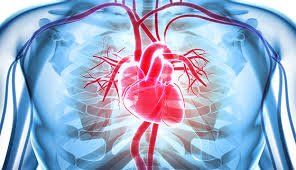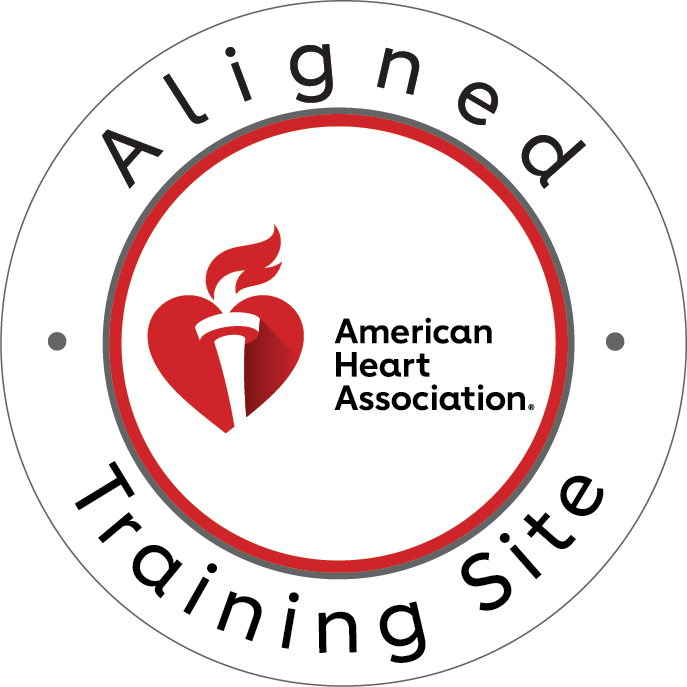The causes of cardiac arrest are complex and vary from case to case.
Cardiac arrest can occur without warning and quickly lead to death. It is important to understand the causes of cardiac arrest so that you can help prevent it when possible. If you or someone you love experiences cardiac arrest, call 911 immediately and start CPR while waiting for emergency services to arrive.
Early CPR doubles or triples a person's chance of survival, and early defibrillation increases survival rates by 75%.

Introduction
Cardiac arrest, a heart attack and sudden cardiac arrest are not the same. A heart attack occurs when blood flow to the heart is blocked, and sudden cardiac arrest occurs when there is an electrical malfunction in the heart. Cardiac arrest can happen suddenly or after a period of being sick from other causes. Because some causes of cardiac arrest are preventable or treatable, it is important to know how it can occur so that you can avoid risks and receive treatment quickly if needed.
Coronary artery disease
Coronary artery disease is the most common cause of cardiac arrest. This means that when you have a heart attack, the coronary arteries are blocked by a blood clot that has lodged in one of them. The blood supply to your heart is interrupted and your heartbeat becomes irregular or stops completely.
You can have a heart attack even if you don't have any risk factors for coronary artery disease such as smoking, being overweight or having high cholesterol levels.
Heart attack
A heart attack occurs when your heart muscle is suddenly and completely blocked by a blood clot. A clot may be caused by a buildup of fatty deposits called plaque on the wall of an artery, or it may happen when an artery that leads to your heart muscle becomes too narrow. Heart attacks can also be caused by high blood pressure, diabetes or other conditions.
Heart attacks affect both men and women of all ages, but they're most common in people over 65 years old. If you think you're having symptoms of a heart attack, call 911 right away! The faster you get treatment, the greater your chances of survival will be.
Drug overdose
An overdose is a term used to describe when someone has taken more than the normal or recommended amount of a drug. This can happen accidentally, or intentionally if someone wants to cause themselves harm.
Drug overdoses are usually caused by prescription drugs, illegal drugs (like cocaine and heroin), or alcohol. The type of drug that causes an overdose depends on how it affects your body and what symptoms it causes in you. For example:
- Some people may react badly to certain combinations of different types of medication; this is known as an interaction effect. For example, taking ibuprofen with aspirin can cause stomach bleeding.
- Taking too much acetaminophen (Tylenol) can damage your liver and kidneys over time - even if you don't feel sick at first!
Respiratory arrest
Respiratory arrest is a condition in which breathing stops and the body's cells are deprived of oxygen. When this happens, the brain's normal functioning is impaired and your heart rhythm becomes abnormal.
Respiratory arrest can be caused by a number of things, including heart disease, respiratory conditions such as asthma or COPD (chronic obstructive pulmonary disease), drug overdose, trauma or injury to the chest cavity that causes compression of the lungs or airway blockage.
In cases where respiratory arrest occurs without clear cause (idiopathic) and may last up to 90 seconds before there is any response from family members or first responders. This type of cardiac arrest has been associated with survival rates as low as 1 percent for adults under 60 years old who have idiopathic cardiorespiratory arrests during sleep.
Electrocution
When a person suffers cardiac arrest or burns from electric shock, it's important to seek emergency medical attention. The damage that can result from electrocution includes muscle damage and internal bleeding as well as brain damage.
In some cases, you may be able to help the person who was shocked by removing them from the source of electricity and providing first aid. In other cases, such as those involving high voltage current or lightning strikes, it may be impossible to do anything other than call 911 immediately.
Severe asphyxia
The fourth leading cause of death in the United States, cardiac arrest is a condition that occurs when your heart suddenly stops beating—a condition known as sudden cardiac arrest.
Cardiac arrest can be caused by a variety of factors, including:
- severe asthma or other respiratory problems (asphyxia)
- a heart attack (myocardial infarction) in which blood flow to the heart is blocked by a clot or plaque buildup
- taking certain types of medications such as beta blockers or nitroglycerin
Traumatic injury
Traumatic injury is the most common cause of cardiac arrest, accounting for around 40% of such cases. The leading causes of traumatic injuries include car accidents, falls, physical assaults and other violent incidents.
To avoid a traumatic injury:
- Never drive while intoxicated or fatigued. Alcohol and drugs slow down your reflexes and reaction time, making it more likely that you will be involved in an accident. Remember to always buckle up when driving or riding in a vehicle!
If you are injured:
- If someone has had an accident or sustained a sudden blow to the chest or abdomen (e.g., during CPR), call 911 immediately!
Severe allergic reaction (anaphylaxis)
Anaphylaxis is a severe allergic reaction that can occur within seconds or minutes of exposure to an allergen. It's often a response to insect stings or food, but other triggers include latex, antibiotics and penicillin, medications including aspirin and ibuprofen (Advil), exercise, stress and alcohol. Anaphylaxis symptoms include hives; swelling of the face, lips, tongue and throat; itching; diarrhea; dizziness and fainting. If you have asthma already — which is common among people who have had anaphylactic reactions — it may be life threatening because it causes your airways to narrow and become inflamed during an attack.
When someone experiences signs of severe allergic reaction (anaphylaxis) like difficulty breathing or swallowing that won't go away after their epinephrine shot wears off within five minutes on average after receiving their dose correctly with no signs of improvement from there forward then medical professionals recommend administering another dose every 10–15 minutes until help arrives at the scene (e..g., fire department)
Near-drowning
Near-drowning is a life-threatening condition that occurs when you are submerged in water, and your lungs don’t receive enough oxygen. Most near-drownings occur in swimming pools, lakes or rivers, but they can also happen in bathtubs or hot tubs.
Near drowning happens when a person inhales water into their lungs and experiences symptoms of drowning (also called respiratory distress).
The symptoms of near-drowning can include:
- difficulty breathing
- chest pain
- coughing up frothy saliva or sputum (phlegm) with blood or mucus
Cardiac arrest is serious but with early CPR and defibrillation it can be survived.
Cardiac arrest is a serious medical emergency. If you witness someone experiencing cardiac arrest, your first instinct may be to call 911 and administer CPR. However, this is not always necessary. In fact, it’s advisable to begin immediate chest compressions before calling 911 or using an automated external defibrillator (AED).
Early CPR can double or triple a person's chance of survival, and early defibrillation can increase survival rates by 75%.
Conclusion
Cardiac arrest can start suddenly and without warning. It’s important to understand the causes of cardiac arrest so that you can help prevent it when possible. If you or someone you care about experiences cardiac arrest, call 911 immediately and begin CPR while waiting for emergency services to arrive.




